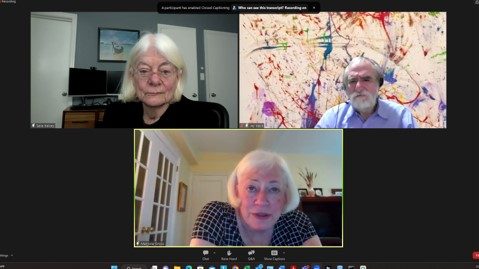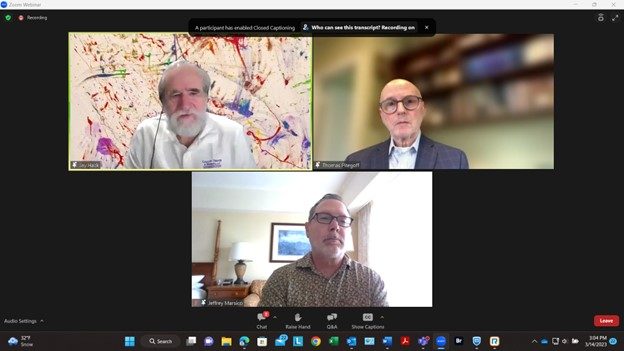Panelists Discuss New Law Requiring Posting of a Salary Range in Job Advertisements
1.24.2023
Under a new law targeting pay disparities for women and people of color, employers in New York State will soon have to post a salary range when they advertise jobs, panelists told lawyers Monday at a Business Law Section session during the New York State Bar Association’s Annual Meeting.
“The intent is to increase transparency about how much people are making, so that employees can call out potential disparities,” said Nancy Gunzenhauser Popper of Epstein Becker Green in New York City, who called the law “a huge departure” for employers. The state law goes into effect in September of this year. A law on pay transparency has already gone into effect in New York City.
Popper was one of four panelists at Monday’s Business Law Section presentation on new employment laws and regulations.
The new pay transparency law will likely be of interest not only to jobseekers, but also to an employer’s current and former employees, who will compare their own salaries to what new workers are being offered, Popper said. The law follows an earlier law that barred employers from asking job applicants what they earn, to avoid perpetuating systemic income disparities.
Jason Lerner, a panelist and vice president for human resources at VDA Inc. in New York City, a company that consults on elevators and escalators, said that his company has found that posting a salary range often helps streamline the hiring process, because applicants have more information about the job upfront. “I get fewer people applying, but they’re more competitive for the position,” Lerner said.
The new law covers only the base salary, and does not require disclosure of commissions, bonuses, overtime pay, and so on, Popper said.
Panelists also discussed a recent change to the New York Labor Law prohibiting employers in New York State from retaliating against employees who take time off for lawfully protected absences. Randi May, a partner in the employment group with Tannenbaum Helpern Syracuse & Hirschtritt in New York City, suggested that employers review their attendance policies and train managers on the law’s requirements to avoid exposure to liability, and do not impose “no fault” or similar penalties for lawful absences.
“If the communication about the policy and the law doesn’t make its way down to line managers, that’s really where the employers fall down and get themselves into trouble,” she said.
The law says these employees can’t be disciplined or penalized, and sets potential fines of $10,000 for the first violation and $20,000 for subsequent violations. Additionally, there is a private right of action for aggrieved employees.
The panelists also discussed a new proposal from the Federal Trade Commission to ban noncompete clauses that block employees from jumping to a competing business. The FTC estimates that the new proposed rule could increase wages by nearly $300 billion per year and expand career opportunities for about 30 million Americans. The proposal is now open to public comments, and May predicted that the final rule may allow for different provisions for highly compensated employees and lower-paid employees, in light of the FTC’s invitation for public comment.
Michele Molfetta, associate counsel with Consolidated Edison Company of New York Inc., updated lawyers on New York State’s COVID-19 sick leave law, which requires that employers offer five days’ paid leave for employees with COVID-19. Under the law, employees can take such leaves on three separate occasions over the span of the pandemic.
Kathleen Lynn is a freelance writer.






